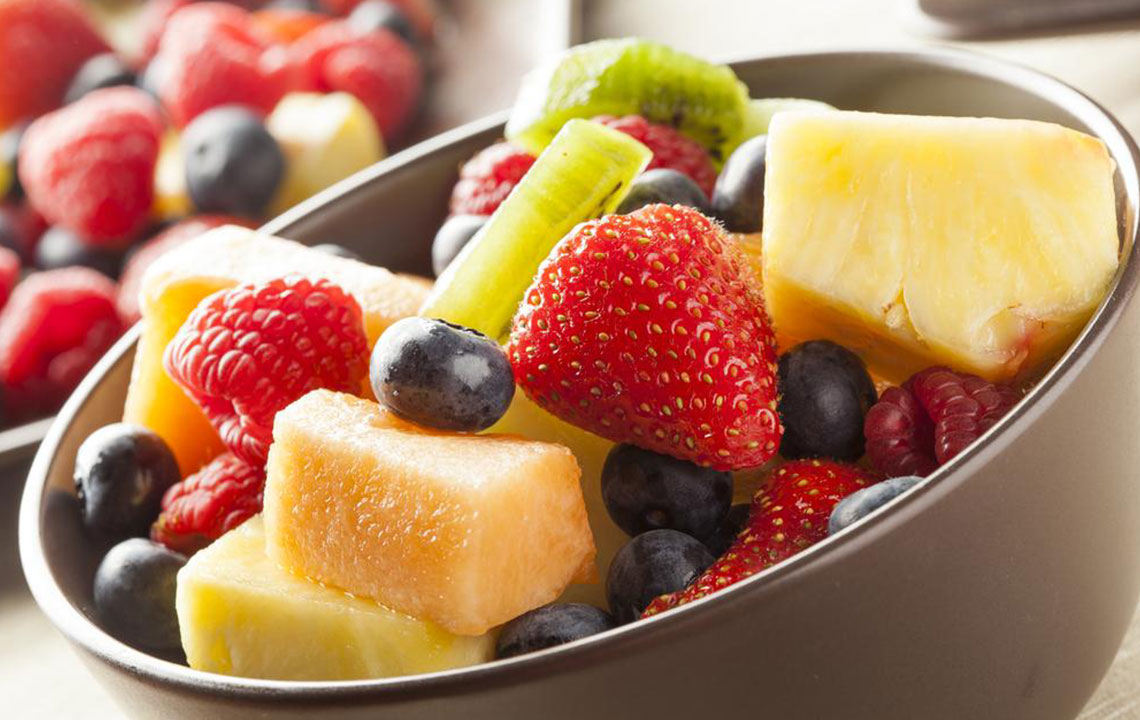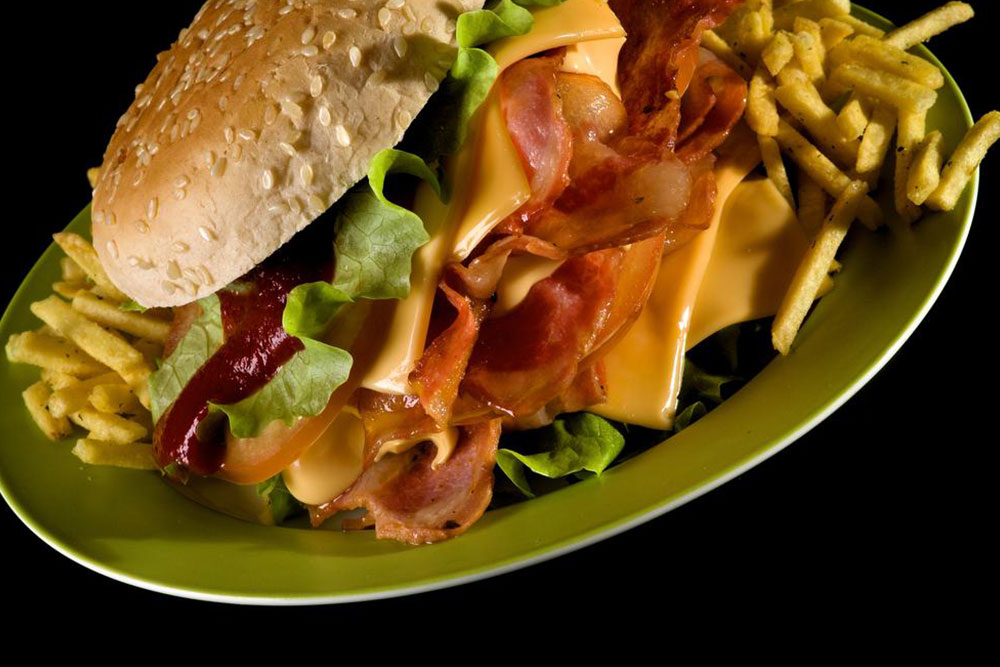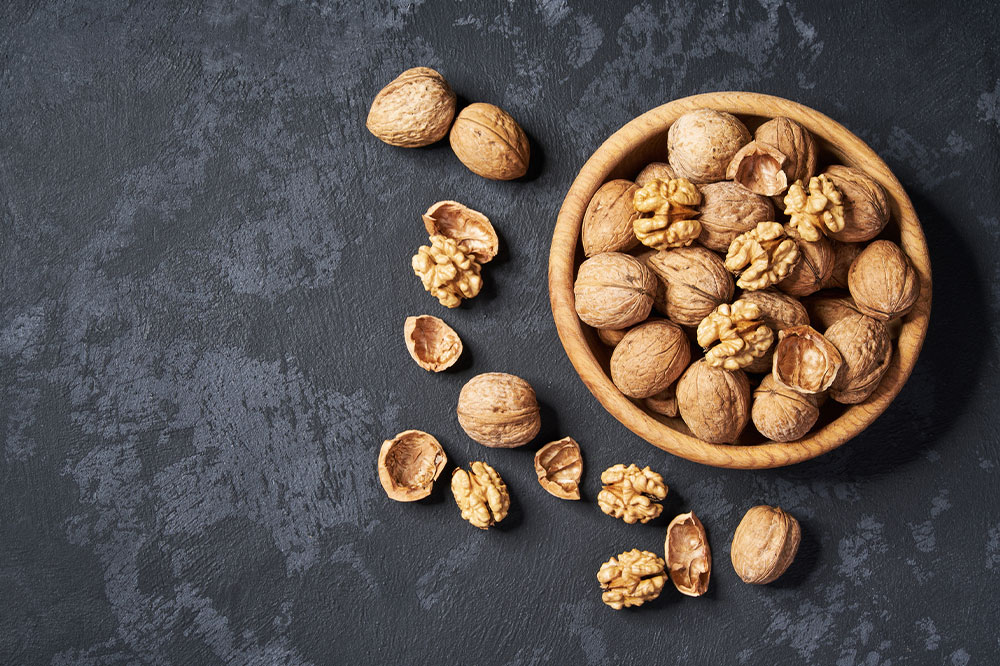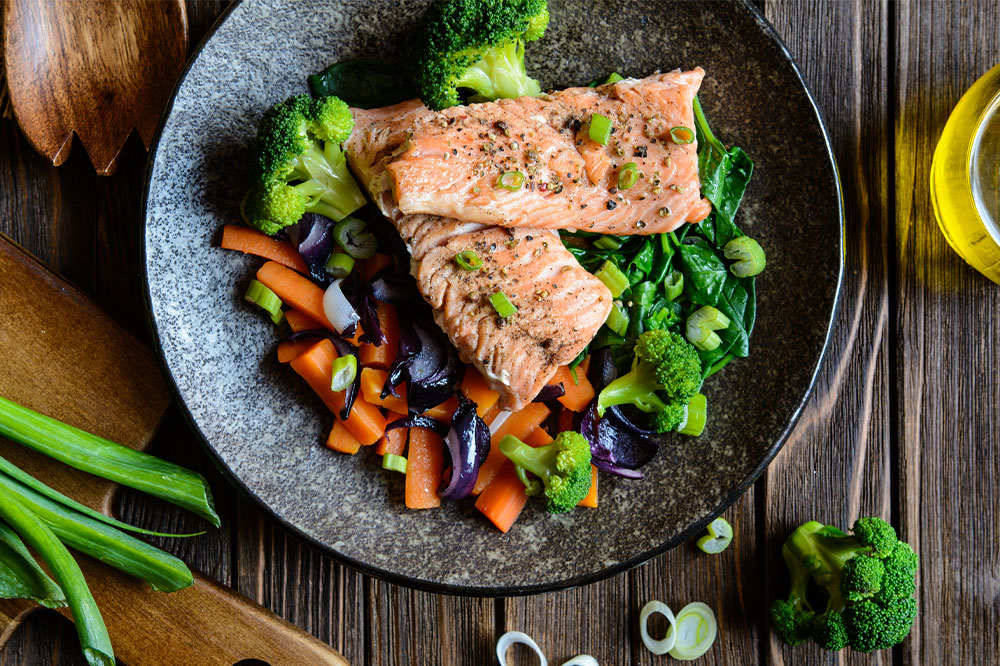Diet Tips for Managing Myeloid Leukemia: Foods to Eat and Avoid
This article provides essential dietary tips for managing myeloid leukemia, highlighting foods to include for strength and immunity, as well as those to avoid for better health and treatment efficacy. Proper nutrition can help alleviate symptoms and support recovery during treatment.
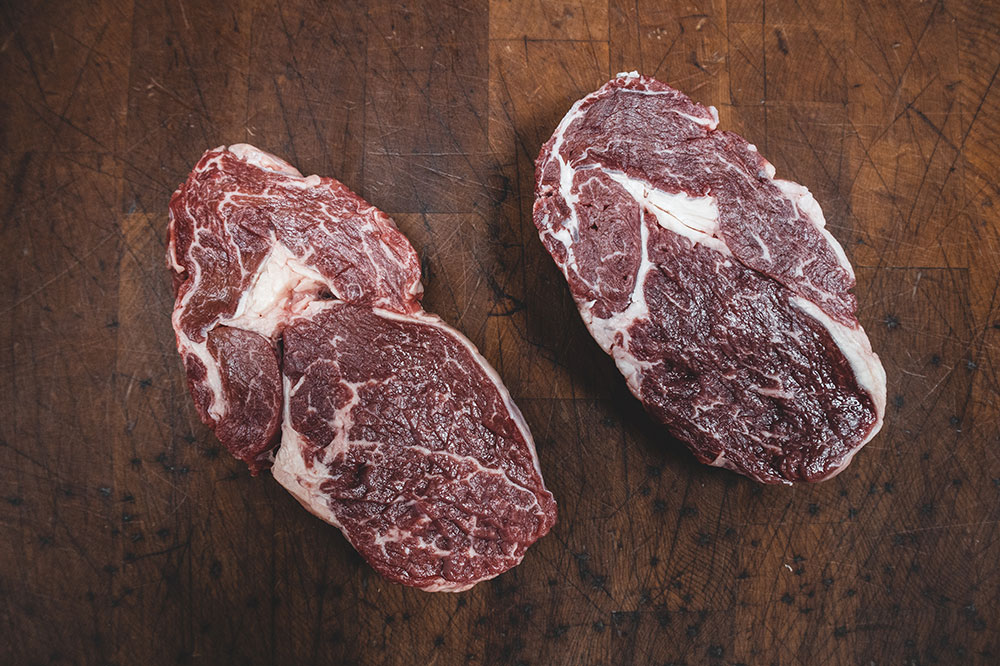
Dietary Recommendations for Myeloid Leukemia Patients
Myeloid leukemia involves the proliferation of immature blood cells, leading to reduced healthy blood cell production. Effective management includes appropriate medication and a carefully planned diet. This article highlights which foods can support recovery and which should be avoided.
How does diet influence myeloid leukemia?
Maintaining a balanced, nutrient-dense diet can alleviate treatment side effects, minimize symptoms, and prevent flare-ups. Proper nutrition can boost strength and overall health for patients undergoing treatment.
Foods to include
These nourishing options are highly advised for those with myeloid leukemia:
Vegetables
Incorporating vegetables such as kale, spinach, broccoli, and cabbage supports the body's ability to combat carcinogens and improves resilience during treatment.
Fruits like berries, apples, and oranges can be added to meals or enjoyed as snacks, boosting vitamins and antioxidants. Smoothies with fruit are excellent mid-day options.
Whole grains such as oats, buckwheat, and quinoa provide essential nutrients and form the base of healthy meals. Incorporating probiotics like yogurt, kefir, miso, kimchi, and tempeh helps maintain gut health and digestion.
Lean proteins, including fish, poultry, and low-fat meats, support muscle health and assist in weight management while reducing cholesterol levels—a key factor in managing chronic illnesses.
Foods to avoid
Heavy and processed foods
Patients should avoid fried foods, fast food, red meats, and frozen ready-to-eat products to promote digestion and prevent weight gain or cholesterol spikes.
Raw milk
High in fats and difficult to digest, raw milk may upset the stomach and is best replaced with pasteurized alternatives.
Packaged fruit juices
Artificial preservatives, sugars, and colors in commercial juices can be harmful. Fresh fruits, smoothies, or homemade juices are healthier options.

